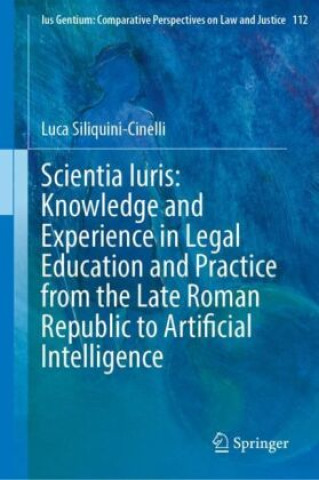
Kód: 44568515
Scientia Iuris: Knowledge and Experience in Legal Education and Practice from the Late Roman Republic to Artificial Intelligence
Autor Luca Siliquini-Cinelli
Law's regulatory reach has grown significantly over the past few decades. Yet, at the same time, law schools and legal professions in Western and Western-oriented jurisdictions have undergone an acute crisis. How is this possible? ... celý popis
- Jazyk:
 Angličtina
Angličtina - Vazba: Pevná
- Počet stran: 340
Nakladatelství: Springer, Berlin, 2024
- Více informací o knize

5391 Kč

Skladem u dodavatele v malém množství
Odesíláme za 12-15 dnů
Potřebujete více kusů?Máte-li zájem o více kusů, prověřte, prosím, nejprve dostupnost titulu na naši zákaznické podpoře.
Přidat mezi přání
Mohlo by se vám také líbit
-

Lottie Brooks 6
373 Kč -

Roses et Champagne T01
527 Kč -

Puck Mates
415 Kč
Darujte tuto knihu ještě dnes
- Objednejte knihu a zvolte Zaslat jako dárek.
- Obratem obdržíte darovací poukaz na knihu, který můžete ihned předat obdarovanému.
- Knihu zašleme na adresu obdarovaného, o nic se nestaráte.
Více informací o knize Scientia Iuris: Knowledge and Experience in Legal Education and Practice from the Late Roman Republic to Artificial Intelligence
Nákupem získáte 539 bodů
 Anotace knihy
Anotace knihy
Law's regulatory reach has grown significantly over the past few decades. Yet, at the same time, law schools and legal professions in Western and Western-oriented jurisdictions have undergone an acute crisis. How is this possible? In this insightful and wide-ranging book, Luca Siliquini-Cinelli argues that these trends are in fact complementary manifestations of a single phenomenon-namely, that law is and will always be more capable of regulating social interaction without the experiential contribution of legal experts. Siliquini-Cinelli contends that the separation of law's regulatory function from legal experts is structurally linked to the former's nature and operational dynamics as an intellectual artifact to be used for ordering purposes. As a product of the intellect, law is a matter of knowledge, not experience. In fact, Siliquini-Cinelli holds, law's artifactuality voids experience, including that of legal experts, making it redundant. This explains how law can thrive as a regulatory phenomenon while the very places where future legal professionals are formed and those places where it is practised are in crisis. To show this, Siliquini-Cinelli embarks upon a historical, philosophical, and comparative analysis of law's artifactuality, focusing on the teaching, study and practise of law as intellectual endeavours, from the advent of juristic activities in the Late Roman Republic to current legal pedagogies, practices, and reforms in Civil and Common law jurisdictions. In so doing, Siliquini-Cinelli employs the Latin phrase 'scientia iuris' to explain why and how legal education and practice pursue knowledge at the expense of experience, and the serious implications this has for lawyering activities. Moving beyond established narratives, Siliquini-Cinelli argues that 'scientia iuris' ought not be reduced to dogmatic analysis (scientia iuris as doctrina iuris). Rather, 'scientia iuris' denotes the knowledge of the law sought by all those who teach, study, and practise it, and which is actualised through a form of legal thinking and argumentation that moves along reason's metaphysical, constructivist lines (scientia iuris as cognitio iuris). Thus, scientia iuris is not the prerogative of a few legal scholars; rather, it lies at the very core of Western legal education and practice, broadly understood. The relevance of Siliquini-Cinelli's original and interdisciplinary analysis is profound and far-reaching: the crisis that legal education and practice are undergoing is not an isolated, or accidental, event; it is a consequence of the very ways in which law has been taught, studied, and practised since Rome.'This richly researched book on the history of scientia iuris is a work on epistemology which argues that the legal model is highly problematic and will eventually be able to function without the intervention of jurists and lawyers. Such a thesis is based upon a very detailed knowledge both of philosophy and of the legal primary and secondary sources from Roman to modern times. The author is at home with Ancient Greek, Latin, French, German and Italian texts and this means that the research basis for the thesis not only is unusually profound - encompassing both the civil and the common law - but will make a major contribution to historical jurisprudence, to comparative legal history, to comparative law in general and to legal theory. This is legal scholarship of the highest order.'Geoffrey Samuel, Emeritus Professor of Law, Kent Law School'In this exceptionally robust and expertly-researched new book, Luca Siliquini-Cinelli presents a provocative thesis. He proposes that the experience of legal experts is redundant when it comes to the success of law as a regulatory framework. Oscillating between historical, material, philosop
 Parametry knihy
Parametry knihy
Zařazení knihy Knihy v angličtině Law Jurisprudence & general issues Jurisprudence & philosophy of law
5391 Kč
- Plný název: Scientia Iuris: Knowledge and Experience in Legal Education and Practice from the Late Roman Republic to Artificial Intelligence
- Autor: Luca Siliquini-Cinelli
- Jazyk:
 Angličtina
Angličtina - Vazba: Pevná
- Počet stran: 340
- EAN: 9783031519352
- ID: 44568515
- Nakladatelství: Springer, Berlin
- Rozměry: 235 × 155 mm
- Datum vydání: 10. May 2024
Oblíbené z jiného soudku
-
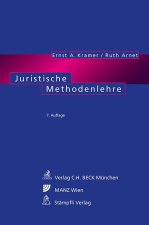
Juristische Methodenlehre
1959 Kč -

The Rule of Law
303 Kč -

Proportionality and the Rule of Law
1402 Kč -
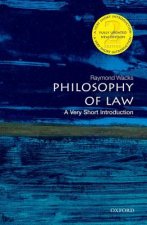
Philosophy of Law: A Very Short Introduction
249 Kč -

Majesty of the Law
429 Kč -

Law's Empire
1003 Kč -
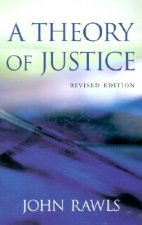
Theory of Justice
1099 Kč -

Little Book of Restorative Justice
184 Kč -
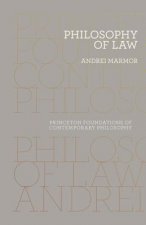
Philosophy of Law
731 Kč -

Introduction to Law
1973 Kč -
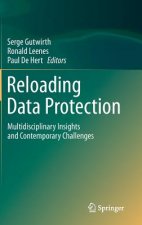
Reloading Data Protection
5094 Kč -

On Law and Justice
2086 Kč -
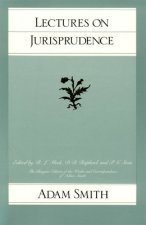
Lectures on Judisprudence
464 Kč -
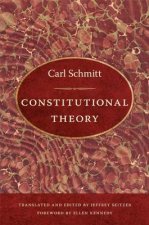
Constitutional Theory
987 Kč -
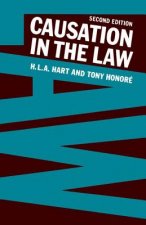
Causation in the Law
3342 Kč -

Understanding Law
950 Kč -
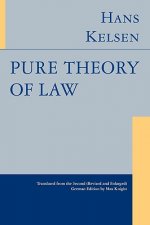
Pure Theory of Law
1326 Kč -

Primer on Legal Reasoning
1167 Kč -
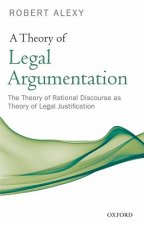
Theory of Legal Argumentation
1870 Kč -

Legal Analyst - A Toolkit for Thinking about the Law
939 Kč -

Law
179 Kč -

Hugo Grotius on the Law of War and Peace
3456 Kč -
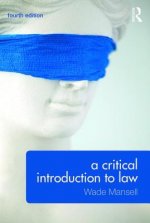
Critical Introduction to Law
1864 Kč -

Lloyd's Introduction to Jurisprudence
1403 Kč -

Dworkin and His Critics - With Replies by Dworkin
1840 Kč -

New Introduction to Jurisprudence
1300 Kč -

Introduction to Forensic Linguistics
1613 Kč -

Equality, Responsibility, and the Law
1980 Kč -

Dignity in the Legal and Political Philosophy of Ronald Dworkin
2086 Kč -

Ecology of Law: Toward a Legal System in Tune with Nature and Community
646 Kč -
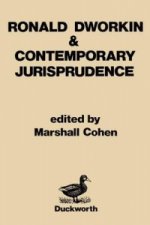
Ronald Dworkin and Contemporary Jurisprudence
1509 Kč -
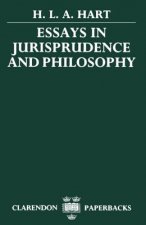
Essays in Jurisprudence and Philosophy
2683 Kč -
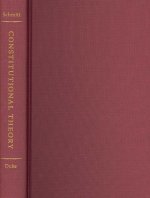
Constitutional Theory
4106 Kč -

Hugo Grotius on the Law of War and Peace
1663 Kč -

Law, Liberty and Morality
542 Kč -

Einführung in das deutsche Recht
763 Kč -
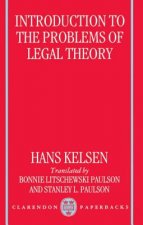
Introduction to the Problems of Legal Theory
2683 Kč -
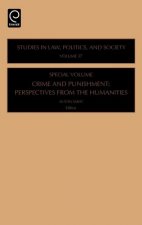
Crime and Punishment
4649 Kč -

Matter of Principle
2022 Kč -

Definition of Law
1257 Kč -

Hans Kelsen's Normativism
679 Kč -
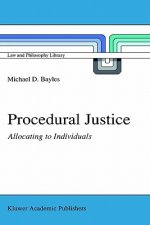
Procedural Justice
5094 Kč -
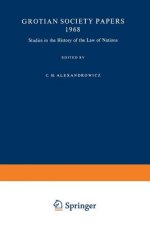
Studies in the History of the Law of Nations
1681 Kč -
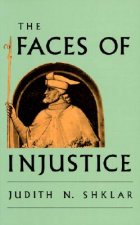
Faces of Injustice
677 Kč -
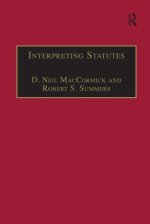
Interpreting Statutes
1927 Kč -

Essays in Legal Philosophy
4440 Kč -
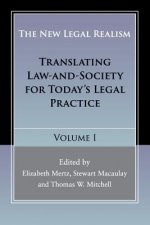
New Legal Realism: Volume 1
1363 Kč -
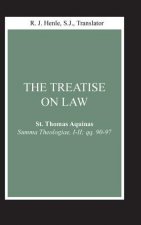
Summa Theologiae
4124 Kč -
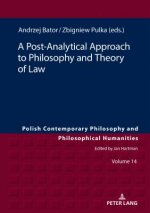
Post-Analytical Approach to Philosophy and Theory of Law
2128 Kč
Osobní odběr Praha, Brno a 12903 dalších
Copyright ©2008-24 nejlevnejsi-knihy.cz Všechna práva vyhrazenaSoukromíCookies


 Vrácení do měsíce
Vrácení do měsíce 571 999 099 (8-15.30h)
571 999 099 (8-15.30h)